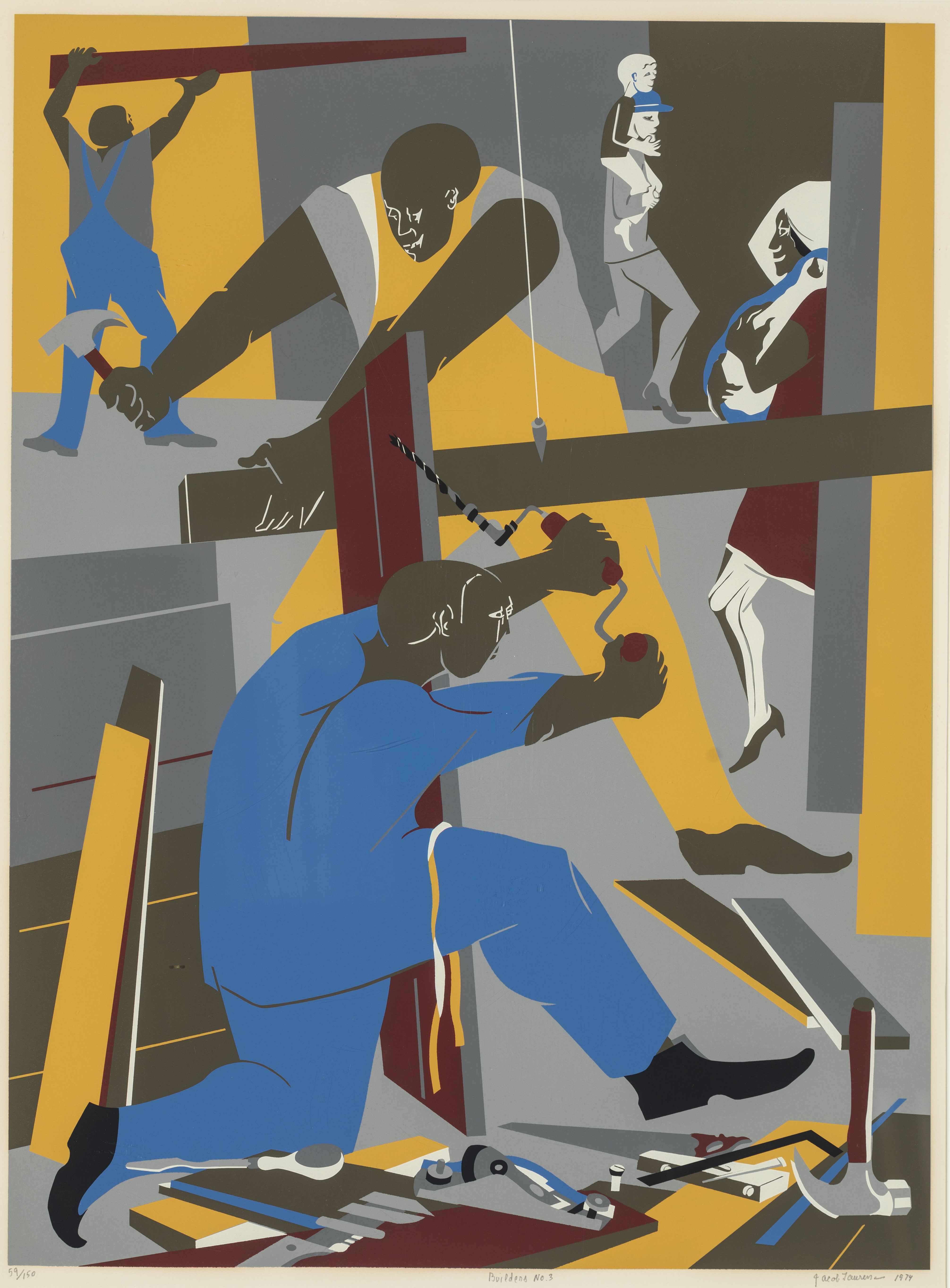

Cardiovista: Detroit Street Photography presents ten photo-essays by local photographers Brian Day, Carlos Diaz, Bruce Harkness, and Tom Stoye. The series, shot over the past five decades, focuses on the photographers' journeys across diverse neighborhoods, from midtown to downtown, from Hamtramck's Poletown to Southwest Detroit's Mexicantown.
Each photographer captures the heartbeat of Detroit through case studies that turn a critical, multi-faceted lens on the Motor City's complex urban and cultural history, and he examines how those histories can impact, sometimes devastatingly, its communities. Their cameras allow us to bear witness to microcosmic realities otherwise unseen or overlooked.
Street photography has proliferated in Detroit and other urban centers since the 1950s. This genre is tied to architectural photography and also to photojournalism in its
socially-conscious, often labor-related subject matter. In Cardiovista, the photographers document the city's bodies, buildings, and boulevards in ways that penetrate all
façades, revealing that the public and the private, labor and leisure, present two sides of the same coin-urban everydayness. Day, Diaz, Harkness, and Stoye operate in the
manner of archivists, anthropologists, social critics, and painters, and their photo-essays communicate four respective, yet collective, views of Motown's story.
The photographers-Brian Day, Carlos Diaz, Bruce Harkness, and Tom Stoye-will be present at the opening reception, which is free and open to the public. A 178-page catalog
featuring images in the exhibition and also additional photographs in the series, together with texts on the photo-essays, will be available for purchase on opening night.
The book is on sale at the Barnes & Noble Campus Bookstore.
Cardiovista: Detroit Street Photography is curated and organized by Nadja Rottner, Assistant Professor of Art History, University of Michigan-Dearborn, together with students
enrolled in the Art History Museum Studies Seminar 2014.
A short preview of the exhibition and more information on the catalogue is available on the UM-Dearborn Fine Arts Facebook site.


Jacob Lawrence (1917-2000), Serigraph print, 1974
Gift of Gilbert M. Frimet,
Collection of UM-Dearborn (1980.065)
Photographed by Tim Thayer
This powerful serigraph print from the permanent collection was created by Jacob Lawrence (1917-2000), one of this century's most widely acclaimed artists.
Lawrence was born in Atlantic City, New Jersey, but moved to Harlem, New York, at 13. He is among the few painters of his generation who grew up in a Black community, received instruction primarily from Black artists, and was influenced by the experiences of Black individuals.
Lawrence's artwork portrays the lives and struggles of the Black community, capturing their experiences through several series focused on figures such as Toussaint L'Ouverture, Frederick Douglass, and Harriet Tubman, as well as themes related to life in Harlem and the civil rights movement of the 1960s. His style is characterized by vibrant colors and abstract forms.
In the 1940s, during a time of widespread segregation, Lawrence broke racial barriers by becoming the first Black artist whose work was acquired by the Museum of Modern Art in New York City.
He stated, "If at times my productions do not express the conventionally beautiful, there is always an effort to express the universal beauty of man's continuous struggle to lift his social position and to add dimension to his spiritual being."
Researched and written by:
Julianna Collins, Stamelos Gallery Center former intern, UM-Dearborn art history/museum studies graduate, Class of 2025